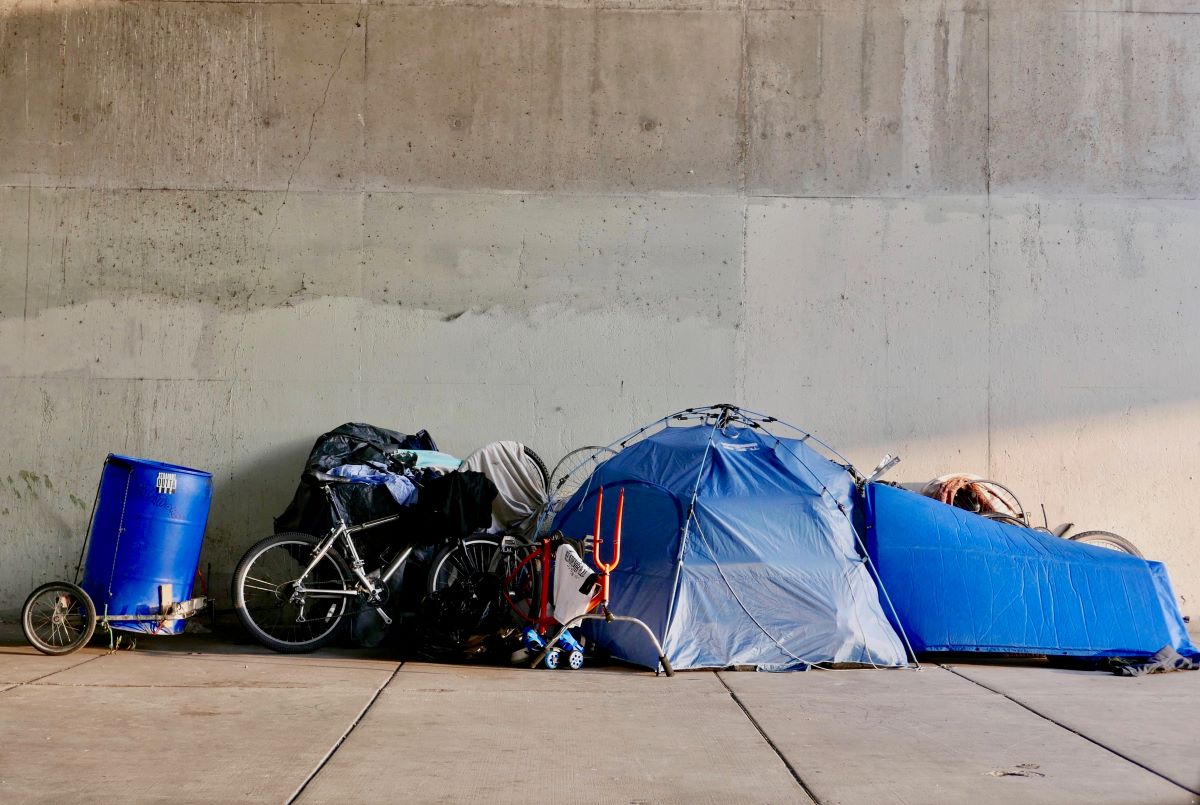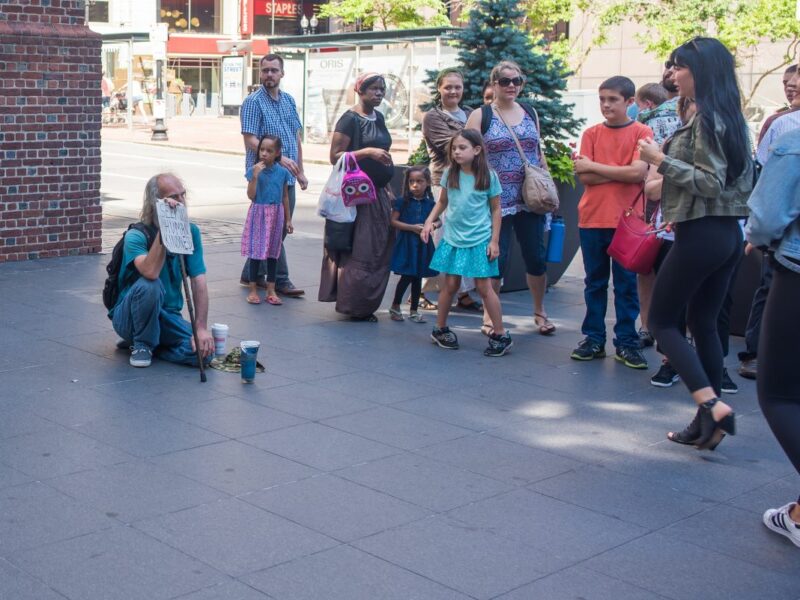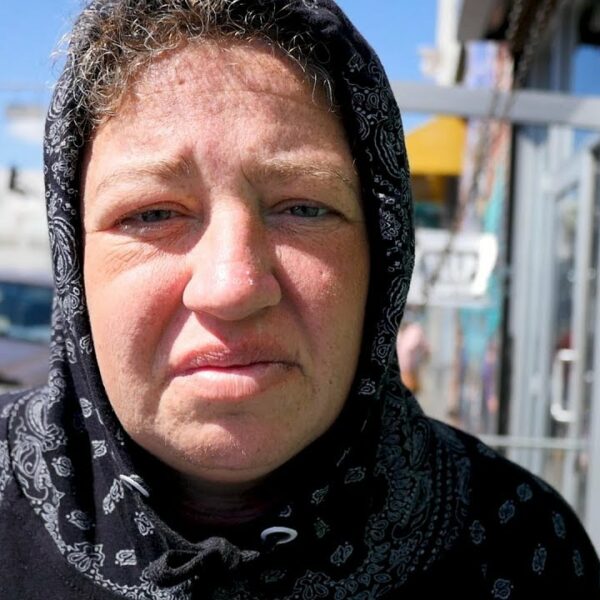Residents of Culver City, California, and local advocates of the city’s homeless community are speaking out after their city council passed a new law prohibiting sidewalk camping.
The ordinance passed by a 4-2 margin on February 13. It comes as cities across California race to address the state’s swelling number of people experiencing homelessness. Federal one-night count data shows there are more than 170,000 unhoused people in California, which is about 30% of the nation’s total.
“Continuing to criminalize people for being in poverty, for struggling, has never gotten anyone out of poverty and never will,” Bryan Fish, who sits on Culver City’s homeless advisory committee, told the city council. “And yet, we continue down the same path.”
Homelessness has been a hot topic of debate in California for decades because of the state’s high median home prices and history of natural disasters. But lawmakers from the Governor’s office all the way down to local city halls seem to be taking a more hardline approach to getting people off the streets since the pandemic ended.
Gov. Gavin Newsome has earmarked over $750 million in the state budget to help local agencies sweep homeless encampments. Newsom has also threatened to cut state funding to local jurisdictions that don’t have sufficient plans in place to address homelessness.
Declaring State of Emergency on Homelessness
Meanwhile, lawmakers like Los Angeles Mayor Karen Bass have declared states of emergency on homelessness. Doing so not only gives them access to additional funds at the state and local level but also allows them the power to take steps to address homelessness that are “beyond statutory limits,” according to the National Council of State Legislatures.
Culver City declared an emergency on homelessness in early January 2023, which the city said allowed it to seek additional funding to increase services and shelter space. The city has also received more than $26 million under Project Roomkey, a funding program that helps local governments convert hotel rooms into supportive housing units.
Still, Culver City is one of the most expensive markets outside of Los Angeles.
Data from Redfin shows that the city’s median home price is $900,000, representing a 27% climb year-over-year. And homes aren’t likely to become more affordable anytime soon. Apple has plans to build a 536,000-square-foot regional headquarters in Culver City, The Real Deal reported.
Renting in Culver City isn’t any easier. According to RentCafe, the average rent of a two-bedroom apartment is more than $3,200. That’s more expensive than Los Angeles, San Diego, and Inglewood, the data showed.
In February, Tevis Barnes, Culver City’s housing administrator, told the council that the new camping ban is “designed to protect public health and access to Culver City’s parks.” But she also gave the council multiple goals the city must hit before the ordinance can be enforced. Those goals include:
- converting at least 73 hotel rooms into permanent supportive housing units
- opening a sanctioned campsite where people experiencing homelessness can set up their tents
- entering into agreements with local hotel owners to provide additional shelter space as needed
“All of the above are expected to be completed later this year,” Barnes said during the meeting.
However, some local service providers expressed skepticism that the new ban would amount to much.
John Maceri, CEO of The People Concern, a Los Angeles nonprofit providing services like outreach and income assistance, told the council that it would take a long time before the city sees any real progress with clearing tents. There were 291 individuals counted in the latest one-night count, a 35% increase from 2020, according to city data.
“Nobody should have illusions that all of a sudden encampments are going to come down,” Maceri said. “It’s going to take a minute. This is 50 years in the making.”
But time is of the essence for people who are already sleeping on the streets. Robert Butler, who is experiencing homelessness in Culver City, told KTLA that getting into housing would make a big difference in his life.
“Just kind of waiting on a timeline on whether or not I can get into housing and get off the streets,” Butler told the news station. “That tent right there, it doesn’t lock.”
How You Can Help
Handcuffs will never solve homelessness. The pandemic proved that we need to rethink housing in the United States. It also showed that many programs designed to address homelessness are rooted in law enforcement rather than social services.
Contact your representatives and tell them you support revamping how your city addresses homelessness. Handcuffs do not get anyone closer to stable housing. Instead, we must focus on compassionate solutions, the first step to ending homelessness.













